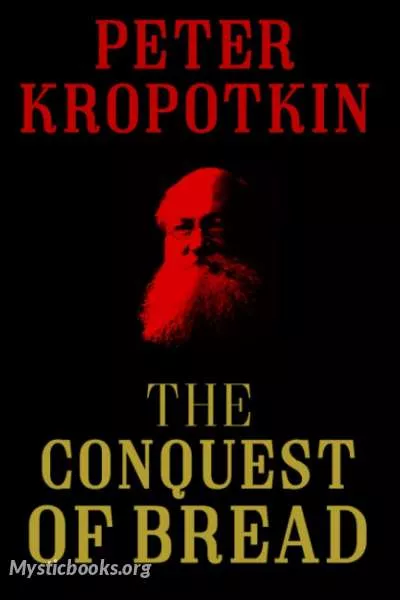
The Conquest of Bread
'The Conquest of Bread' Summary
Chapters 1–3: The Right to Well-Being
Throughout the first three chapters, Kropotkin constructs an argument for the common ownership of all intellectual and useful property due to the collective work that went into creating it. Kropotkin does not argue that the product of a worker's labor should belong to the worker. Instead, Kropotkin asserts that every individual product is essentially the work of everyone since every individual relies on the intellectual and physical labor of those who came before them as well as those who built the world around them. Because of this, Kropotkin proclaims that every human deserves an essential right to well-being because every human contributes to the collective social product:
No more of such vague formulae as "The right to work", or "To each the whole result of his labour." What we proclaim is the Right to Well-Being; Well-Being for All!
Kropotkin goes on to say that the central obstacle preventing humanity from claiming this right is the state's violent protection of private property. Kropotkin compares this relationship to feudalism, saying that even if the forms have changed, the essential relationship between the propertied and the landless is the same as the relationship between a feudal lord and their serfs. Kropotkin calls for the destruction of the state and the expropriation of all property into the commons, where the right to well-being can be achieved for all people.
Chapters 4–12: Anarcho-Communist Society
Throughout the middle of the book, Kropotkin sketches a picture of what he feels an anarcho-communist society could look like. He points to the huge levels of production that modern industrial society achieved in terms of food production, clothing production, and housing production, and he uses this as evidence of the feasibility of an anarcho-communist society. More than enough of the essentials are produced for all people, Kropotkin argues; if they were only distributed properly, nobody would have any unmet needs. Kropotkin further argues that with the level of production output being so high people should not have to work more than five hours a day and they should be able to reduce that as much as possible, giving them free time to work on innovations that would reduce their labor.
Near the end of this section, Kropotkin discusses luxury items, recognizing that they are a necessity for a good life and affirming that luxury items would still be produced, even if production was taken under the purview of common need. Kropotkin claims that luxury items would be produced on a collective basis by those most interested in their production. He uses an example of a group of pianists dedicating time to building luxury pianos with the help of a group of collective carpenters who are interested in carpentry. Kropotkin argues that this system of collective production could produce necessary luxury items—on top of the production of the necessities—for everybody to live a fulfilling life.
Chapters 12–16: Objections and Conclusion
In the final chapters, Kropotkin lays out what he feels will be prominent objections to his theory as well as his response to them. He figures that many critics will claim that people are lazy and they would not work willingly, even if it is only for five hours for the necessities. Kropotkin counters by saying that people are willing to work in jobs they enjoy and given the necessary free time to work on their own, with the guarantee of material stability, people will work willingly on collective gardens or in collective garment factories.
Near the end of the work, Kropotkin cautions against the state centralization of industry, warning people against more authoritarian strands of socialism and claiming that any revolution must guarantee bread and freedom to the workers and revolutionaries. He ends with a long chapter on agriculture, marveling at the many ways in which humans have cultivated and advanced agricultural production, dreaming about the ways that it could be used to feed everybody and guarantee a healthy and happy life for all people.
Book Details
Language
EnglishOriginal Language
FrenchPublished In
1892Genre/Category
Tags/Keywords
Authors
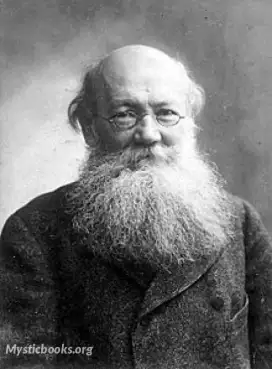
Peter Kropotkin
Russia
Pyotr Alexeyevich Kropotkin was a Russian anarchist, socialist, revolutionary, economist, sociologist, historian, zoologist, political scientist, human geographer and philosopher who ad...
Books by Peter KropotkinDownload eBooks
Listen/Download Audiobook
Related books

The Soul or Rational Psychology by Emanuel Swedenborg
Metaphysical discipline that attempted to determine the nature of the human soul by a priori reasoning. This is a recording of the 1849 translation of...

Вехи-Сборник статей о русской интеллигенции (Vekhi) by Nikolai Berdyaev
«Вехи» — сборник философских эссе, написанных группой русских интеллектуалов в 1909 году. Авторы анализируют своё участие в революции 1905 года и кри...
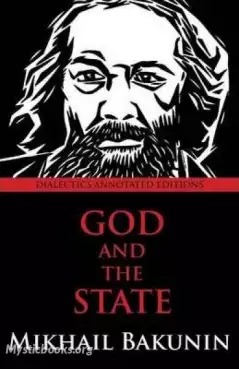
God and the State by Mikhail Bakunin
God and the State (called by its author The Historical Sophisms of the Doctrinaire School of Communism) is an unfinished manuscript by the Russian ana...

Living My Life by Emma Goldman
Emma Goldman's autobiography, "Living My Life," is a captivating account of the life of a remarkable woman who dedicated her life to fighting for soci...
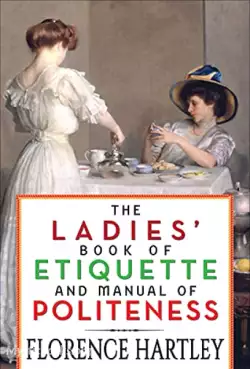
The Ladies' Book of Etiquette, and Manual of Politeness by Florence Hartley
A guide for ladies, written in 1860, on what is accepted as correct behavior in polite society. The advice covers dress, travelling, staying in hotels...
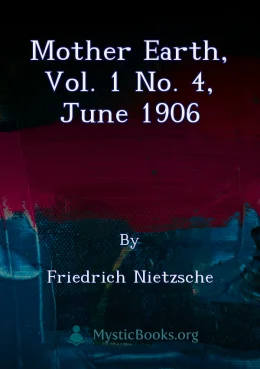
Mother Earth, Vol. 1 No. 4, June 1906 by Friedrich Nietzsche
Mother Earth was an American anarchist journal that described itself as "A Monthly Magazine Devoted to Social Science and Literature". Founded in earl...

Thoughts on South Africa by Olive Schreiner
'Thoughts on South Africa' is a collection of Schreiner's observations of colonial South Africa in the early 19th century, mostly regarding Boer-Engli...

Demos: A Story of English Socialism by George Gissing
Demos is a thought-provoking and introspective novel that delves into the complexities of socialism, wealth, and personal transformation. Richard Mu...
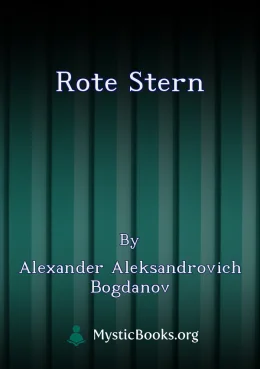
rote Stern by Alexander Aleksandrovich Bogdanov
Rote Sterne is a utopian science fiction novel by Alexander Bogdanov, written in 1908. The novel depicts a socialist society on the planet Mars, where...

Pictures of Jewish Home-Life Fifty Years Ago by Hannah Trager
Hannah Trager published Pictures of Jewish Home-Life Fifty Years Ago in 1926, so the book is a portrait of day to day life for a Jewish family in Jeru...
Reviews for The Conquest of Bread
No reviews posted or approved, yet...